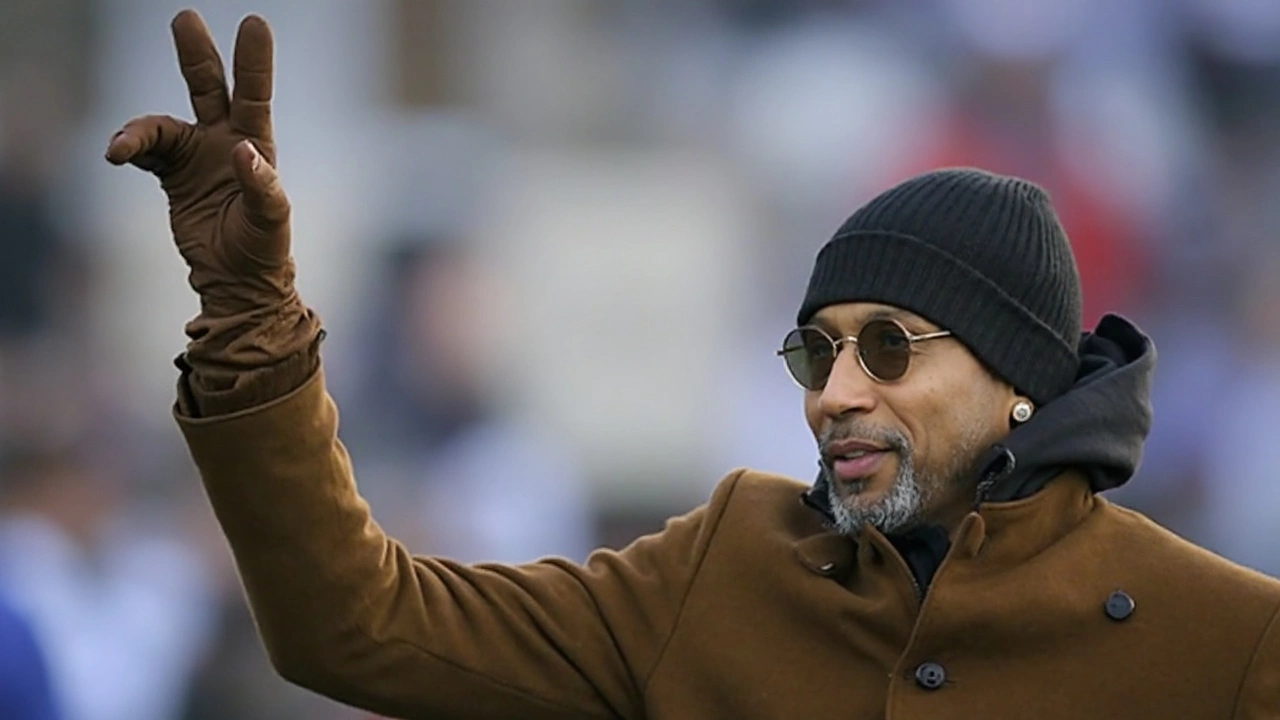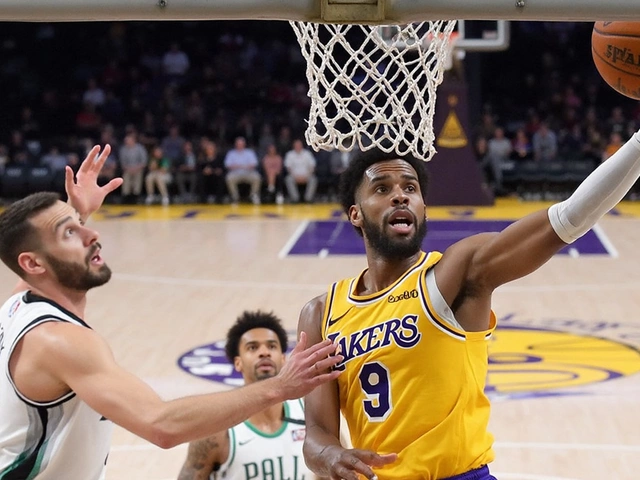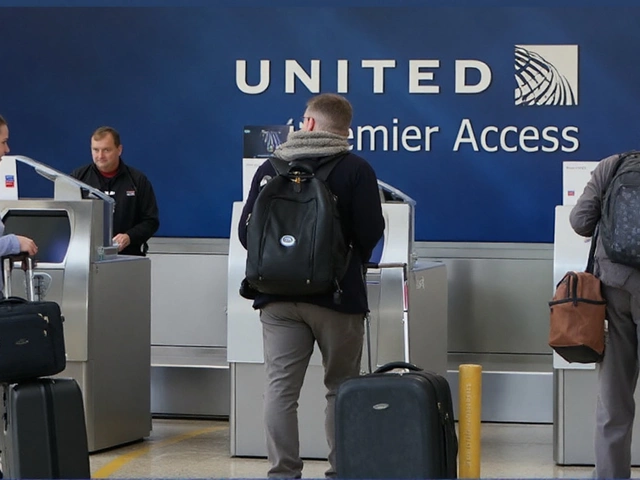Stephen A. Smith's Take: Consistency Over Controversy
The Knicks and Pistons are locked in one of the most talked-about NBA playoff battles this year. Tempers flared and opinions clashed when a missed foul in Game 4 set the Eastern Conference quarterfinals buzzing, but nobody stirred the pot more than Stephen A. Smith. The outspoken ESPN personality, never shy about backing his beloved Knicks, jumped right into the storm, but not in the way many expected.
With the Knicks clinging to a fragile 94-93 lead, the Pistons' Tim Hardaway Jr. took the final shot as the clock ran out. It clanged off the rim, but what really caught everyone’s eye was Josh Hart’s hand making contact with Hardaway. Fans, analysts, even some Pistons players felt it was a clear foul. Then came the bombshell: after the game, the referees themselves admitted they missed the call. Still, Smith went live on ESPN’s First Take to say, basically, no harm, no foul.
So why back the refs after their own admission? According to Smith, the answer’s simple. 'They were letting them play all game long,' he insisted. The game was filled with physical plays—pushing, shoving, constant contact under the boards. In his view, it wasn’t about a single missed call at the buzzer. It was about how the officials set the tone from tip-off and stuck with it, turning Game 4 into a test of grit rather than a whistle-fest. As far as Smith is concerned, you don’t shift the standards just because the stakes are high in the final seconds.

The Fallout: Fans, Fairness, and the Ongoing Officiating Debate
Predictably, not everyone took Smith’s defense of the no-call in stride. Many Pistons supporters felt robbed—imagining a world where Hardaway goes to the line and possibly flips the outcome. Social media exploded with slow-motion replays, heated arguments, and ‘what ifs’. Analysts across the country weighed in. Was it just tough playoff basketball? Or did the officiating cross the line from consistent to careless?
The NBA’s own after-the-fact confession did little to cool things down. Some saw honesty. Others saw it as proof that relying too heavily on 'let them play' can backfire when the game hangs in the balance. The emotional weight of a playoff series, after all, makes every call—or non-call—a potential flashpoint.
As for the Knicks, this game might just be the shot in the arm they needed, propelling them to a 3-1 series advantage. But the louder conversation isn't just about the scoreboard. It’s turning into a bigger discussion about how playoff games are called, the expectations for fairness versus flow, and how influential voices like Smith's can frame the way we see controversial moments. Are the referees really being fair if they 'let them play' on both ends? Or does each missed call, especially on the biggest stage, chip away at trust in the game?
No matter which side you land on, this Knicks-Pistons showdown shows that when it comes to playoff basketball, the drama isn’t just in the action on the court—it’s alive in every whistle, every debate, and every powerful voice that weighs in after the final buzzer.





